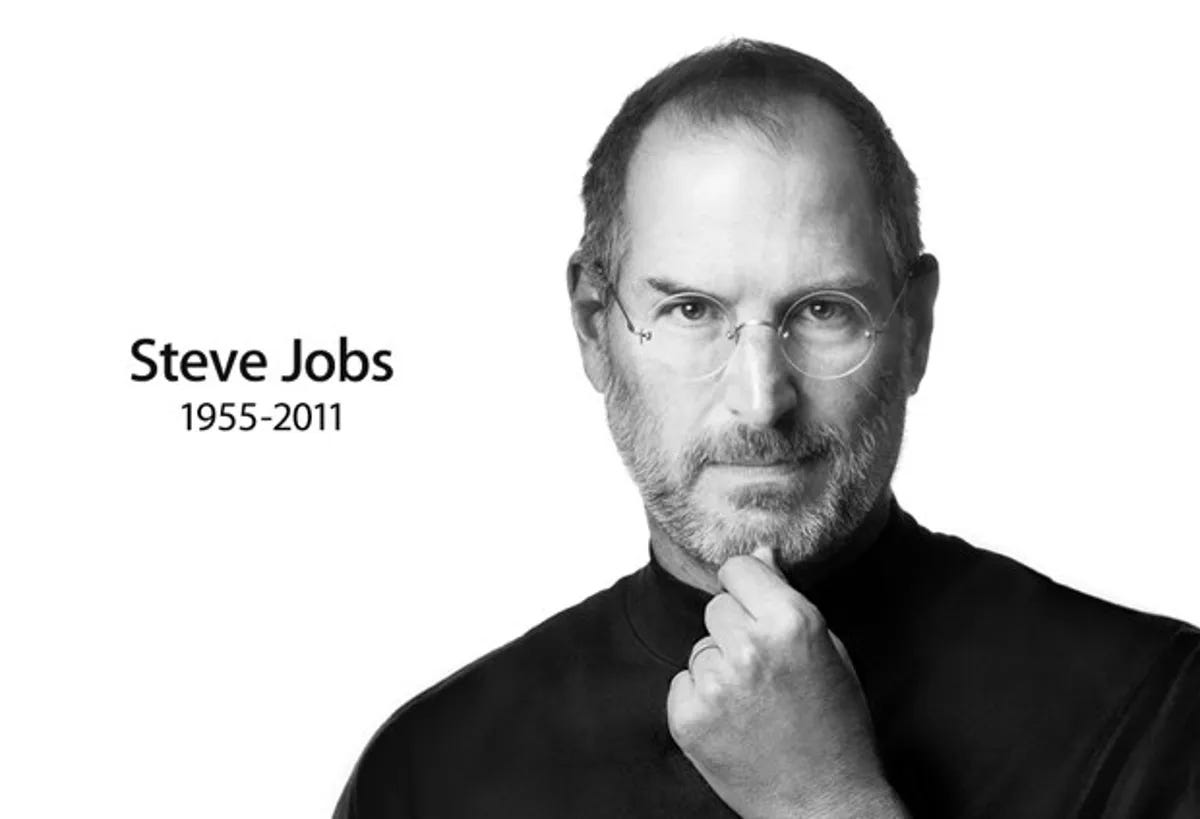Steve Jobs, 1955-2011
"The ones who believe they can change the world...are the ones who do."
by Rod D. Martin
October 5, 2011
The world has been changed many times over by the brilliance of Steve Jobs. I could not begin in these short moments after his death to estimate his impact on me and mine. But a few thoughts deserve jotting down.
I first encountered Jobs in the pages of Fortune magazine, in 1982, wherein I first saw the Apple Lisa. I fell in love. Truly. It didn't hurt that the girl I was utterly infatuated with (I was 12 at the time) shared its name. But that was a minor point, even then.
The Lisa was a vision, both in and of itself -- she was beautiful -- and of a world that was about to be. Her lines were elegant, flawless. In an age of black screens and DOS prompts, she seduced with the first commercially-available (for a mere $10,000) graphical user interface. She sported protected memory, cooperative multitasking, 2 megabytes of RAM (almost 10 years later the average PC would still have just 64K), and this amazing new thing called a mouse.
But the details we…




